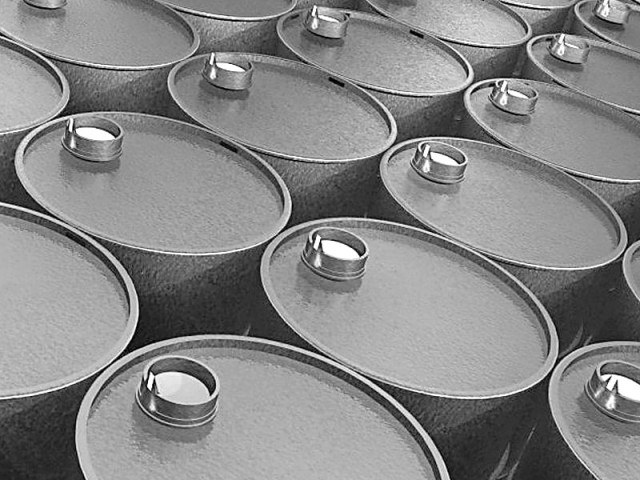Quality control: Government to ban local diesel if Euro-2 standards not met
Technology shift will allow Pakistan to change its oil import strategy.

The government has decided to impose a ban on the sale of diesel by local refineries if they fail to set up plants and upgrade the product to Euro-2 standards by July 1, 2014.
The Euro-2 standard developed by the European Standards Organisation introduces stringent fuel regulations that cap the sulphur limit of the fuel to control carbon emissions attributed to its combustion.
In late 2011, the Ministry of Disaster Management in a similar move directed all automobile companies and relevant industries to shift to Euro-2 technology by July 2012.
An official from the Ministry of Petroleum informed the high-level meeting chaired by the Minister for Climate Change Rana Farooq and the Adviser to Prime Minister on Petroleum and Natural Resources Dr Asim Hussain in attendance.
Pakistan imports 54% of its total diesel which is compliant with Euro-2 standards. Only 6% of the Euro-2 standard demand is met through locally produced diesel as the remaining 40% is not compliant with this standard.
Participants of the meeting said, “Oil refineries are capable of meeting only 6% of the fuel requirement of Pakistan whereas 54% of the demand is met through imported Euro-2 diesel; therefore we should not become hostage to local refineries,” said the attendees. They added that the government will have to change imports after introduction of Euro-2.
“Refineries like the National Refinery Limited (NRL) and the Attock Refinery Limited (ARL) should be forced to shut down as they are reluctant to invest in setting up plants to upgrade their products,” petroleum ministry officials said.
Parco is observing Euro-2 standards while Attock Refinery, National Refinery, Pakistan Refinery and Byco Refinery have still not upgraded. However, Byco has given the assurance that it will install the equipment for compliance of Euro-2 by December this year.
Farooq observed that it be made obligatory for oil refineries to upgrade or establish plants to introduce the Euro-2 diesel for cleaner energy. He added that the refineries should not be given an extension for upgrading their facilities.
“Refineries seek excuses to ask the deadlines to be extended such as capital shortages,” he said adding that there must be strict enforcement of road maps for refineries to setup plants. Farooq added that government should produce a plan to successfully introduce the European emission standards such as Euro-2, Euro-3, Euro-4 and Euro-5 to promote clean energy in Pakistan.
Officials of the Ministry of Petroleum admitted that the government was held hostage by the oil mafia as refineries failed to upgrade their product in compliance with the Euro-2 standard. The meeting was informed that the administration requires the oil refineries to act in accordance with the orders by July 1, 2014. “However, now the refiners are seeking more money to upgrade their plants,” said the officials adding that one plant would incur between $300 million to $400 million, if they choose to go ahead with the upgrade plans.
It was also proposed in the meeting to allow a six months period to refineries to introduce the Euro-2. The participants were of the view that the NRL and ARL were creating hurdles.
The representative of the Engineering Development Board said,“We cannot introduce the standard in the six months period provided due to older vehicles still running in the market,” they said adding that adulteration of oil is a very common practice in petrol pumps.
Published in The Express Tribune, July 20th, 2012.



















COMMENTS
Comments are moderated and generally will be posted if they are on-topic and not abusive.
For more information, please see our Comments FAQ